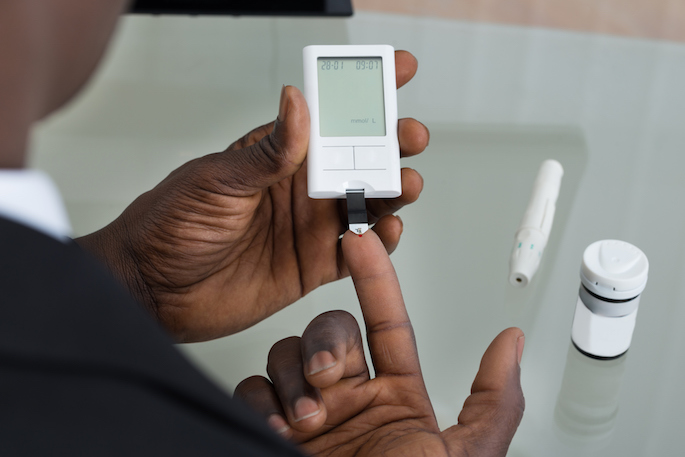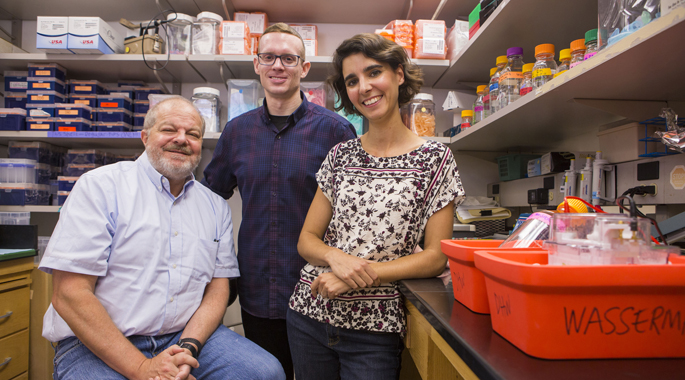Researchers at Vanderbilt University have discovered a compound that could lead to a new way to treat low blood glucose caused by excessive insulin secretion.
The condition, called hypoglycemia, is difficult to treat and potentially life-threatening if blood glucose levels fall too low. Insulin is a hormone secreted by beta cells in the pancreas that moves glucose from the bloodstream into the tissues, where it is burned as fuel.
In a report published online March 19 by the journal Molecular Pharmacology, Jerod Denton, Ph.D., and colleagues used a high-throughput screen to discover a novel and specific activator of potassium channel complexes that are important drug targets for metabolic disorders of glucose homeostasis.
In cell culture studies, the activator, called VU0071063, was more potent, efficacious and selective than current therapy with the drug diazoxide. The finding is an important starting point for the development of new potassium channel openers and underscores the value of “mining” focused libraries of compounds, the researchers concluded.
This research was supported by grants from the National Institutes of Health (DK082884, DK096122, HL095010), and by the Foundation for the NIH through the Vector-Based Control of Transmission: Discovery Research (VCTR) program of the Grand Challenges in Global Health Initiative.
Send suggestions for articles to highlight in Aliquots and any other feedback about the column to aliquots@vanderbilt.edu















